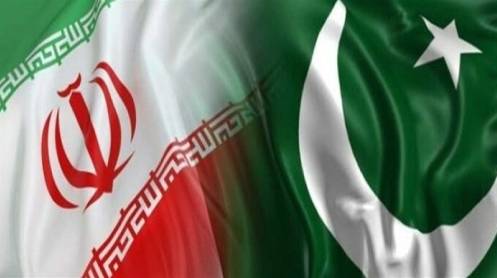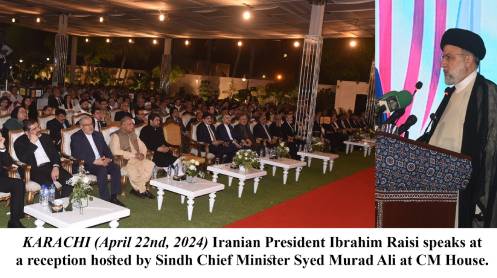The Sindh High Court (SHC) on Friday directed the K-Electric (KE) to end unscheduled load-shedding and remove illegal connections from across the city.
A two-member bench, comprising Justice Khadim Hussain M Shaikh and Justice Arshad Hussain Khan, was hearing a plea seeking the disconnection of illegal connections and an end to power cuts in exempted areas.
Justice Shaikh observed that everyone in Karachi was complaining about the power utility, adding that the lives of Karachi’s people had been rendered miserable by illegal connections and unannounced power outages. “In such a situation, KE’s licence should be suspended,” he remarked.
To this, the KE lawyer responded that many areas had been cleared of illegal connections, whereas new wires had also been installed.
However, Justice Shaikh remarked that the connections still existed, as did the menace of unannounced load-shedding.
The KE counsel informed the court that there were many areas their teams could not access, adding that residents often reinstalled illegal connections after their removal.
“How can an ordinary citizen set up an illegal connection with the new wires? What action has the company taken against electricity theft?” inquired the bench, adding that the KE administration was “useless” if people could reconnect their suspended illegal connections so easily.
Directing the KE to put an end to unannounced load-shedding and remove illegal connections from the city and stop unannounced electricity load-shedding, the court sought a progress report on August 25.
On July 17, National Accountability Bureau (NAB) Chairman Justice (retd) Javed Iqbal ordered, while taking notice of media reports and public complaints against the K-Electric, an inquiry against the power utility for flouting the agreement with the Government of Pakistan.
He directed NAB Karachi to investigate reasons for unscheduled loadshedding, overbilling and violation of agreement. The agreement bound the K-Electric to invest in modernising the electricity generation and transmission system but it had failed to honour the agreement.
The chairman directed NAB Karachi to obtain the copies of agreement, relevant documents and details of the volume of investments promised in the agreement and complete the inquiry within three months so that those responsible could be tried.
Ever since the power outages began this summer, the private power utility has held the federal government responsible, claiming that the government is not providing it required quantity of oil and gas.
However, the Ministry of Energy had repeatedly rebutted KE’s claims stating that K-Electric’s claims of fuel shortage were wrong, insisting instead that the power utility company has failed to enhance its system.
Garbage in the city
Separately, the same bench directed the petitioner to nominate the Sindh Solid Waste Management Board (SSWMB) as a party in a plea pertaining to accumulated garbage and dirt around the city, while seeking a reply from the local government deputy secretary.
Justice Shaikh expressed dismay over pictures of garbage piles, presented by the petitioner in court.
“The city’s condition is very disappointing,” Justice Shaikh remarked. “Should a city like Karachi be treated this way?” He added that political parties, when not in power, claimed that they would work to improve matters if given an opportunity, but forgot their responsibilities when they came in power.
The Sindh government’s counsel maintained that the district municipal corporations (DMC) and Karachi Metropolitan Corporation (KMC) were responsible for collecting garbage in the city.
Justice Shaikh observed that the KMC had been complaining that it was not receiving the necessary funds and authority, adding that the filth in the city would lead to an epidemic one day.
Asking the government lawyer why the provincial government was not issuing funds to KMC, he noted that none of the authorities bothered to appear in court for an explanation despite being summoned.
However, the local government deputy secretary appeared in court.
Upon being asked who was responsible for cleaning garbage from the city, he maintained that this was the duty of the DMCs and KMC, adding that the government could take action against them if they failed to do so.
Irked at his reply, the court inquired about the action taken by the government against the relevant bodies so far.
The additional advocate general argued that the SSWMB was equally responsible for collecting garbage in the metropolis but had not been nominated in the plea.
The court directed the petitioner to nominate SSWMB and adjourned the hearing till July 29, ordering the local government deputy secretary to submit a reply after removing garbage from the city.




